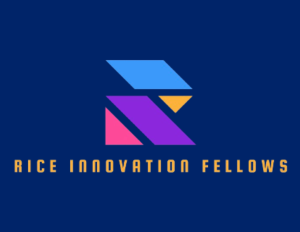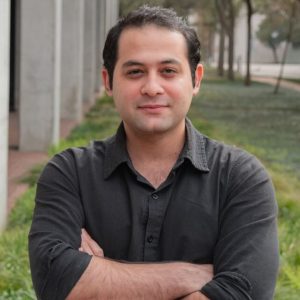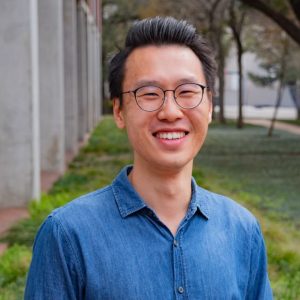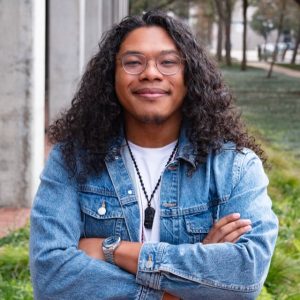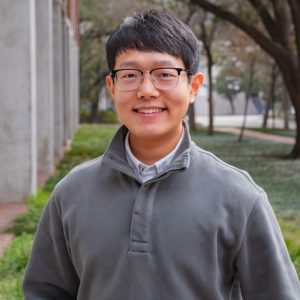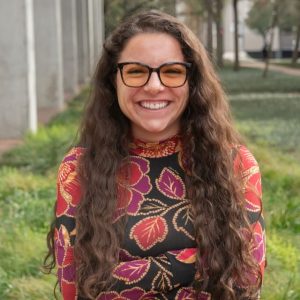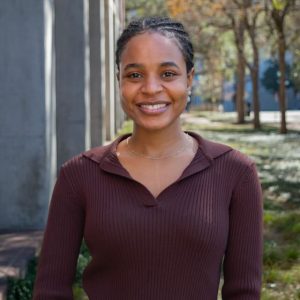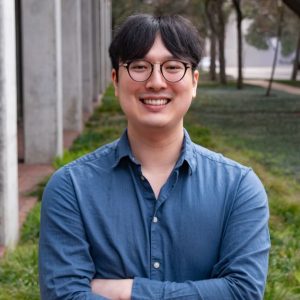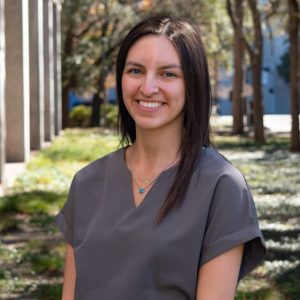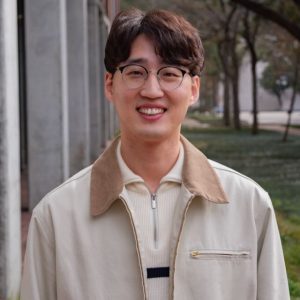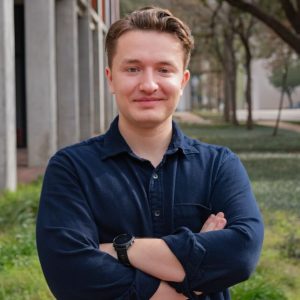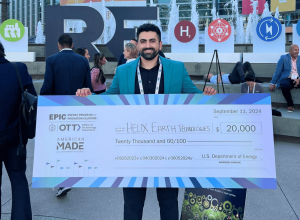The Rice Innovation Fellows program trains Ph.D. students and postdocs to translate research into real-world impact.
The Rice Innovation Fellows program brings together top Ph.D.s and postdocs across Rice’s research labs to turn their research into breakthrough solutions for real-world problems. Our goal is to catalyze the next generation of world-changing, scientist-led companies. Hosted by the Liu Idea Lab for Innovation and Entrepreneurship (Lilie), this selective fellowship provides you with the dedicated time, expert mentorship, and equity-free funding you need to move your work from the lab to industry.
Join a community of science-based innovators who have already raised $25M in funding across cohorts.
If you have any questions or want to chat about your idea, reach out to Nick Tucker at Nick.tucker@rice.edu.
